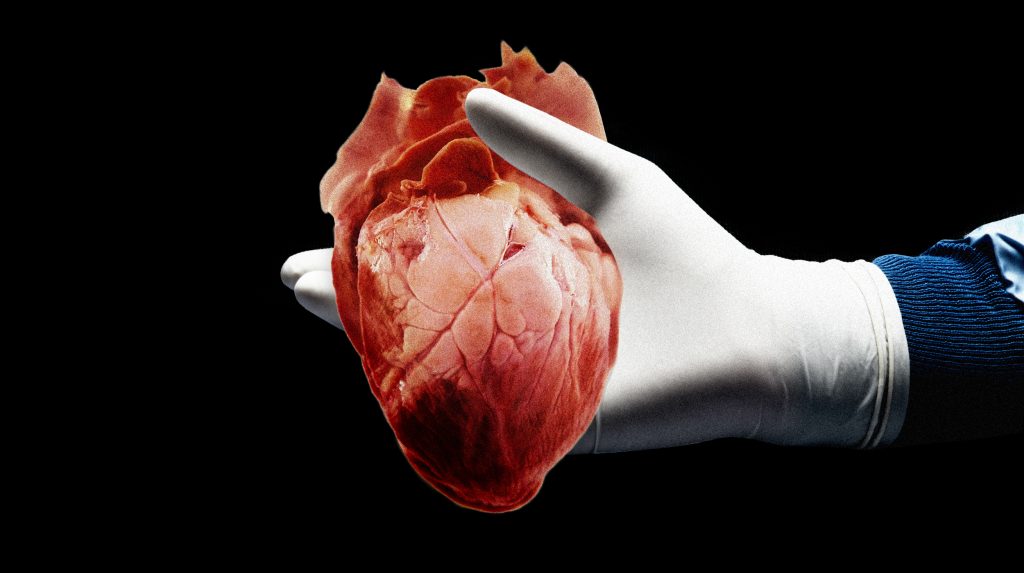
Nova Scotia mother, Cindy Gates-Dee, has filed a case with the Canadian Human Rights Commission after her son, Liam Dee, a nurse who died of cancer, was discriminated against and his tissues were rejected for donation when it was discovered he was gay. Liam’s «homosexual status» was noted on a screening form by a tissue specialist, who deemed him as a high-risk donor due to the possibility of increased risk of HIV or hepatitis B and C, regardless of the fact that Liam was in a monogamous relationship for more than four years. The abstinence requirement in Nova Scotia for tissue donation is five years for men who have sex with men, amounting to a “more discriminatory process,” according to Dr. Murdoch Leeies, an organ donation specialist and researcher at the University of Manitoba. Current regulations on human cells, tissues and organs for transplantation, based on standards set by the Canadian Standards Association, include an assessment of any high-risk behavior and “are not intended to be discriminatory against specific groups.” Health Canada, which is responsible for enforcing regulations, said all potential donors must be assessed to ensure they would not be transmitting any infectious diseases to recipients.
Dr. Leeies has published a report on the current “discriminatory” policies, which lead to stigma against LGBTQ people. He said that the abstinence period should be lowered to 30 days for men who have sex with men because HIV can be detected through the Nucleic Acid Test (NAT) about seven days after someone is exposed to the virus. Currently, the cheaper antibody/antigen test is routinely used to screen for HIV, and in most cases, the virus can be detected 35 days after someone is exposed. The policies lead to stigma against LGBTQ people, even if they are in a monogamous relationship, use condoms, and do not have anal sex, which is associated with a higher chance of transmitting HIV, he added. The Community-Based Research Centre (CBRC), a Vancouver non-profit that promotes the health of people from diverse sexualities, published Leeies’s report this week.